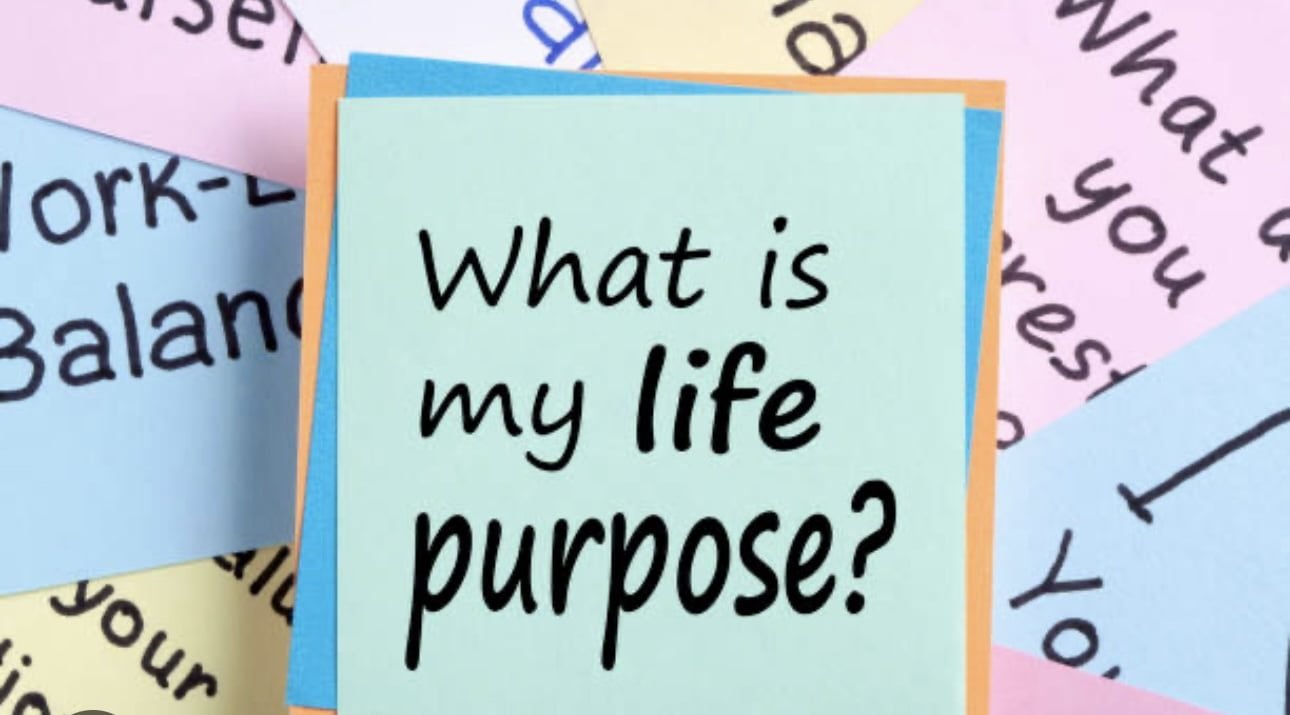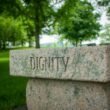Some people have expressed fear and concern, asking me why I love to work with individuals with mental health disabilities. My wife and I have debated on many occasions whether it’s wise to work with them because of the risk and danger associated with dealing with violent and aggressive individuals. My answer is that I am driven by a life purpose to work with them. I believe God has given me a compassionate heart enough to assist them in navigating the challenging terrain.
Having acquired relevant skills over the years, I can confidently lead many people out of the woods with God-given wisdom and Knowledge. I see my participation in the daily affairs of the individuals I serve as a training ground for a more significant future task.
I dream of radically transforming the mental health sector across Sub-Saharan Africa, hence my intentional immersion in how it is done in a more advanced society like the US. The effort here is to concentrate on my future legacy so that when people remember me, they will remember me as a worthy example to emulate. I try to be a trailblazer and work very hard to present myself as a respectable role model so that people can still relish my legacy by patterning their lives after me when I am dead.
Habakkuk says, “And the Lord answered me, and said, write the vision, and make it plain upon tables, that he may run that readeth it.” (Habakkuk 2:2, KJV). The question that comes to my mind every day I wake up from my bed is: What legacy do I plan to leave after I am gone? The answer is what inspires me every day to work with people with mental health disabilities, and that is one of the areas where I derive meaning for my life. It is why I took Clinical Pastoral Education (CPE) Units 1 – 4. It is the same reason I have become a Certified Mental Health Coach and Certified Mental Health Advocate.
If you are currently going through a tough time at work or being attacked from every angle, leading to a total wreck in life, I am here to help you. I aim to provide you with leadership mentorship and spiritual care through our Executive Wellness Program. The program is meant to help you function optimally as a coping and preventative measure against stressors occasioned by workplace challenges. I have come to realize that caring for individuals with mental health disabilities gives my life meaning because I always long to see people blossom in life with their life goals and potential coming alive. Therefore, in a quest to accomplish this goal, I am motivated to serve these incredible people which our society often view in a similar way they see lepers.
Lepers are often ostracized and confined to a leper colony, usually on the outskirts of the town. For those suffering from mental health challenges they are stigmatized and demonized by the very people who should care for them. All these have to change, just like a cancer patient or any sufferer of terminal illness will not be viewed as such, but are cared for with empathy and compassion.
For individuals who have suffered mental illness or who are currently going through a mental health battle, I dare you to make up your mind to be vulnerable because, according to Brene Brown, she says, “Vulnerability is the birthplace of innovation, creativity, and change.” Take the courage to be the person you have always meant to be by being clear about your values and aptitude in life.
School of Transformational Leadership is here to help you stay on top of your game by participating in our Executive Wellness Program or our On-site Wellness Leadership Day Program, which is a coaching program designed to help those struggling with depression, hopelessness, and meaninglessness of life in a unique transformative environment through faith-based approach intended to address the whole person – emotionally, physically, and spiritually. Contact us, and an enrollment team member will walk you through the specific program that will suit your needs.
If you are passionate about writing and understand the power to shape culture through writing, please contact us immediately, and our representatives will walk you through how you can join our team of writers at the Africana Leadership Digest.












